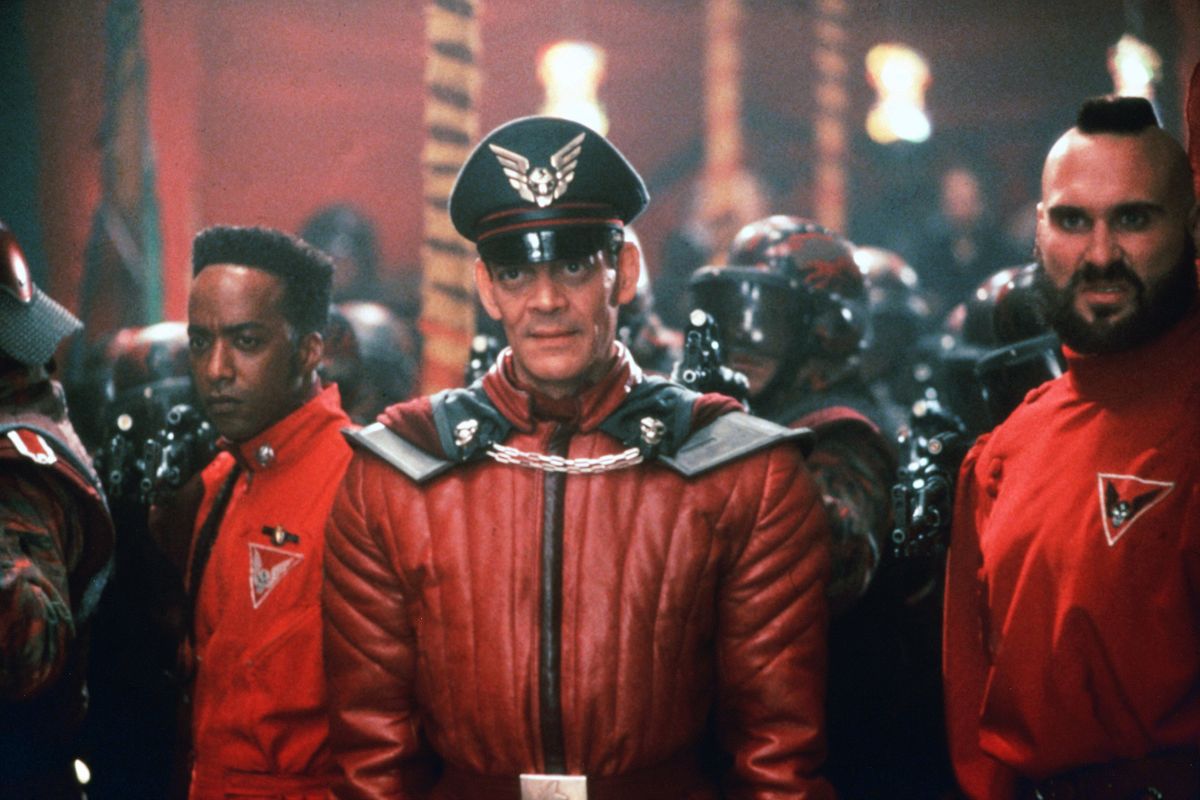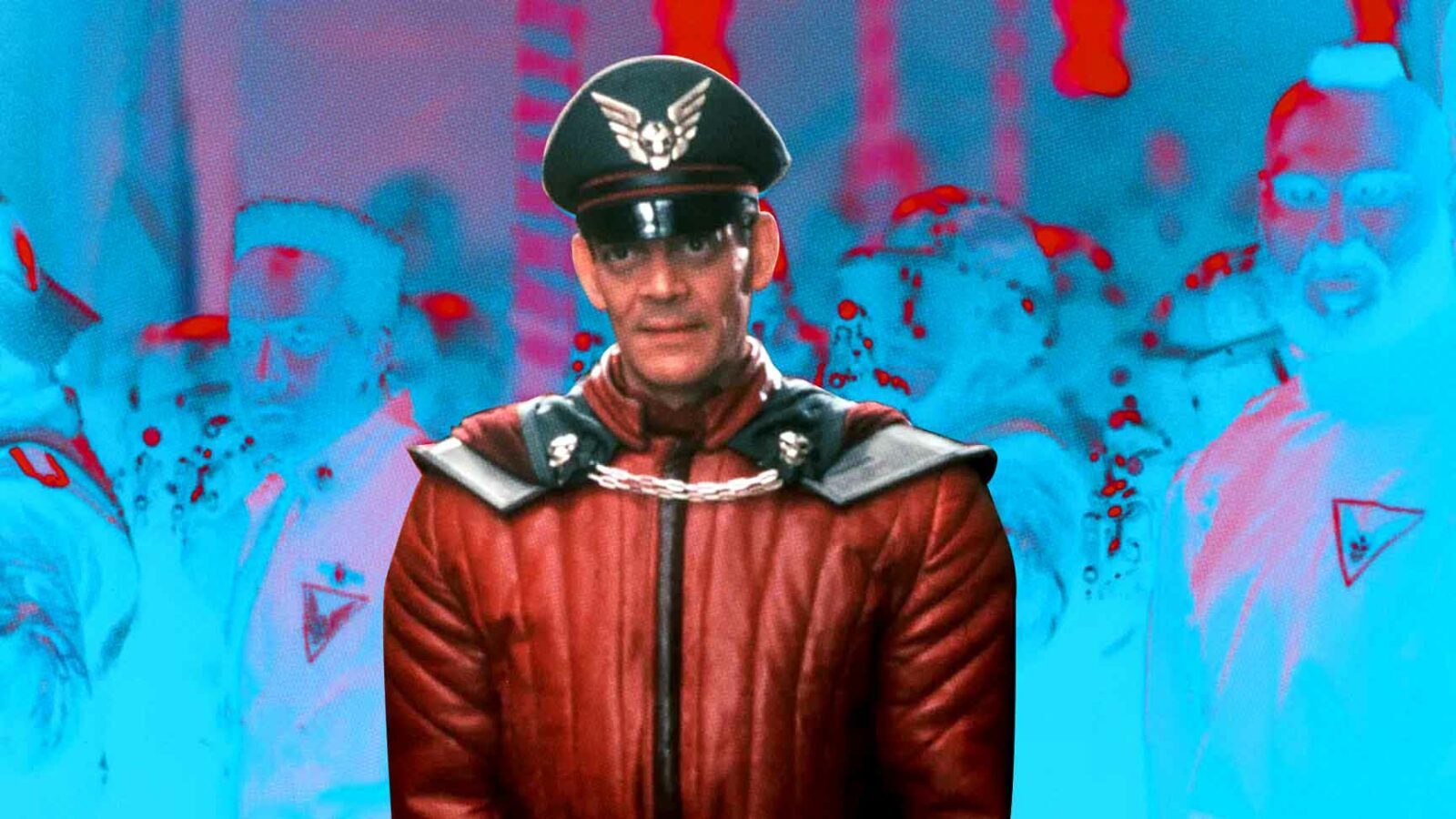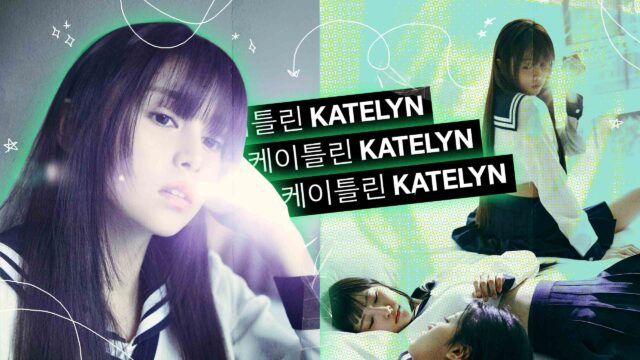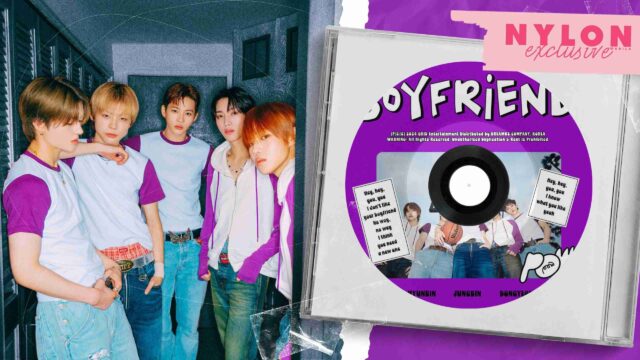Video games are played and loved by millions of people all over the world. Their adaptation then to full-length feature films is anything but a slam dunk though.
From its humble beginnings at the arcade to modern times in the age of top-of-the-line consoles and PCs, video games have come a long way in less than half a century. Because of their popularity, many have tried to capitalize on their success, such as Hollywood, and have tried to adapt video games through the medium of film. Despite their efforts, however, video game movies have a bad track record and are usually derided by critics and fans. But if they are beloved by people as video games, how come most video game adaptations don’t receive the same love when it transitions to film?
Related: The Mortal Kombat Movie Isn’t A Flawless Victory, But It’s Good Enough
Change in source material

The first reason why these adaptations fail to resonate with people is when the filmmakers change the source material. The Resident Evil movies, while successful financially, were notorious to fans as the film featured the character Alice who was never featured in the games at all while the real video game protagonists such as Chris Redfield were reduced to smaller roles. The same can be said for Street Fighter (1994) as it put series poster boys Ryu and Ken at the back while Guile took center stage as he was played by the biggest star of the film, Jean Claude Van Damme.
Character changes aside, both films also abandoned the core fundamentals that made the games successful as Resident Evil (2002) shifted from the survival horror the games were known for at the time in favor of action, meanwhile Street Fighter didn’t even have the tournament aspect of the games. (Basically, a Street Fighter movie without any street fighting.) While these games may not have the deepest plots, they do resonate with the fans as they want these beloved events and characters to come to life. These are video games that mean a lot to them so of course, they expect to see something familiar in these adaptations. When the adaptation becomes unrecognizable, then the fans lose all goodwill for the movie.
Lack of player participation
/cdn.vox-cdn.com/uploads/chorus_image/image/68706414/1245-mass-effect-3-shepard-in-front-of-earth-hd.0.1487861403.0.jpg)
The other reason why these adaptations don’t usually work is that it takes away what makes video games special: the active participation of the player. While film and literature have narratives, a video game allows you to have agency within the story. While the narrative has a finite beginning and end, the player is given an infinite amount of choices on how to go through it leading to experiences special to the player alone.
In a game like Mass Effect, everyone receives the same story as every other player. You play as Commander Shepard as you fight the Reapers in order to save the galaxy. Your journey has the same endpoint as everyone else, but the player can immerse themselves in the game for countless hours, playing the game the way he or she wants it. Whether it’s Shepard’s clothes, weapons, or even morals, who he or she becomes is entirely up to the player and so the player helps weave the narrative as much as the writers of the game do.
/cdn.vox-cdn.com/uploads/chorus_image/image/67672425/Screen_Shot_2020_10_22_at_11.32.10_AM.0.png)
Once you adapt the games, however, that element will be lost. Rather than allowing the player to immerse themselves in the story as long as they want, they are instead limited to a 2-3 hour running time in the cinema. Instead of being an active participant in the games, the player is reduced to becoming a passive observer in the movies.
With the Uncharted games, players find enjoyment by playing as Nathan Drake and feel like they are starring in their own adventure movie. He jumps, he shoots, he climbs through all these perils all thanks to the player. The best experiences in these games work because the developers make sure that the player has a hand in making these cinematic moments happen. The appeal is living out your fantasies as an action hero through Nathan Drake, not just by watching Nathan Drake do all these cool things. By taking out the gameplay, the player is left watching characters do all of these cool things and wishing he or she could be doing them instead.
Possible light at the end of the tunnel

Despite the two reasons, video game movies are here to stay. In fact, the quality of these movies seems to have been getting better recently. Pokémon: Detective Pikachu (2019) was a huge hit and was well received by fans as it captured the feel of the video games while making sure that the characters and the narrative within the movie are done justice. Sonic the Hedgehog (2020) also proved to be a success with the filmmakers showing their respect for the fans by delaying the film to change Sonic’s controversial appearance into a much more accurate and pleasing redesign.
In 2021, we have the recent reboot of Mortal Kombat, which has fulfilled its promise of giving the blood and guts the games are known for. Later this year, Resident Evil: Welcome to Raccoon City promises to be a much more authentic retelling of the games by adapting the games’ story directly and giving focus to the protagonists from the game. Meanwhile, Sonic the Hedgehog 2 is now in production with set photos confirming fan favorites Tails and Knuckles for the sequel. With these upcoming adaptations, it seems like there may be a light at the end of the tunnel for us video game fans.
Continue Reading: 3 Classic Video Games That Got The Battle Royale Treatment





